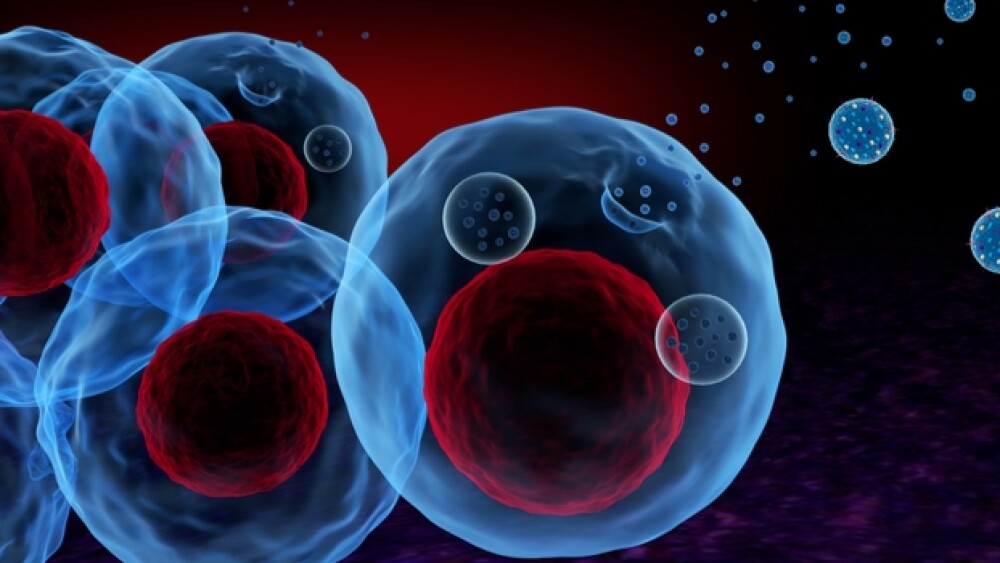Research recently published by researchers from The Scripps Research Institute in the Proceedings of the National Academy of Sciences found that exosomes play an integral role in the development of neurons and neural circuits. In addition, they are able to fix brain cells damaged by developmental disease.
Exosomes are little bubbles made up of lipids, or fats, that are released by cells. For a long time, researchers viewed them as basically miniature trash bags the cells expelled. But in 2007, Swedish research Jan Lotvall from the University of Gothenburg published research showing that some cells use exosomes to transport genetic material like messenger RNA (mRNA) and microRNAs between other cells. Since then, research into exosomes and their role in the body has exploded.
Research recently published by researchers from The Scripps Research Institute in the Proceedings of the National Academy of Sciences (PNAS) found that exosomes play an integral role in the development of neurons and neural circuits. In addition, they are able to fix brain cells damaged by developmental disease.
“During different stages of brain development, signaling between cells is absolutely essential,” stated Hollis Cline, co-chair of the Department of Neuroscience at Scripps Research and director of the Dorris Neuroscience Center. “We found that exosomes are one of the ways cells communicate these signals.”
Cline and her research team studied exosomes from healthy human neurons and those from patients with Rett syndrome, a genetically-driven developmental brain disorder with autism-like symptoms. They found that the exosomes in the Rett cells didn’t contain harmful proteins, but also didn’t have the essential signaling proteins found in healthy exosomes.
“They did not have bad stuff, but lacked the good stuff,” stated Pranav Sharma, a neuroscientist in Cline’s lab, who designed experiments to identify and compare exosome bioactivity in the various cell populations.
The researchers used CRISPR gene editing to correct the mutation behind Rett syndrome and then studied the signaling functions of the neural exosomes fixed as a result of the editing. Fixing the mutation reversed the deficits, Sharma indicated. They also tested if adding healthy exosomes to a culture of Rett syndrome cells provided therapeutic benefit, with positive results.
“That was perhaps our most exciting finding: that exosomes from healthy cells can indeed rescue neurodevelopmental deficiencies in cells with Rett syndrome,” Cline stated. “We see this as very promising because of the many neurodevelopmental disorders in need of a treatment. These are disorders for which we already have a deep understanding of the underlying gene deficiencies but are still lacking a therapy to address the disease itself.”
The research utilized human neurons from induced pluripotent stem cells (iPSC) from Rett patients. Alysson Muotri, a neuroscience and stem cell specialist at University of California, San Diego, assisted. Other researchers, including John Yates III and Daniel McClatchy at Scripps were also involved.
Another aspect of the research was taking healthy exosomes and injecting them into the brain of mice, specifically the hippocampus, which is involved in learning and memory. They observed increased neuron proliferation.
They will continue to explore the bioactivity of exosomes and possible clinical applications, such as the possibility of a diagnostic test and whether these findings apply to autism spectrum disorders or other neurodevelopmental diseases like Fragile X syndrome.
Exosomes appear to affect numerous physiological systems, including the immune system, the brain, the cardiovascular system, stem cells, as well as potential roles in cancer, Alzheimer’s disease and other illnesses.





